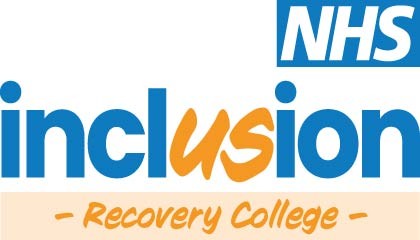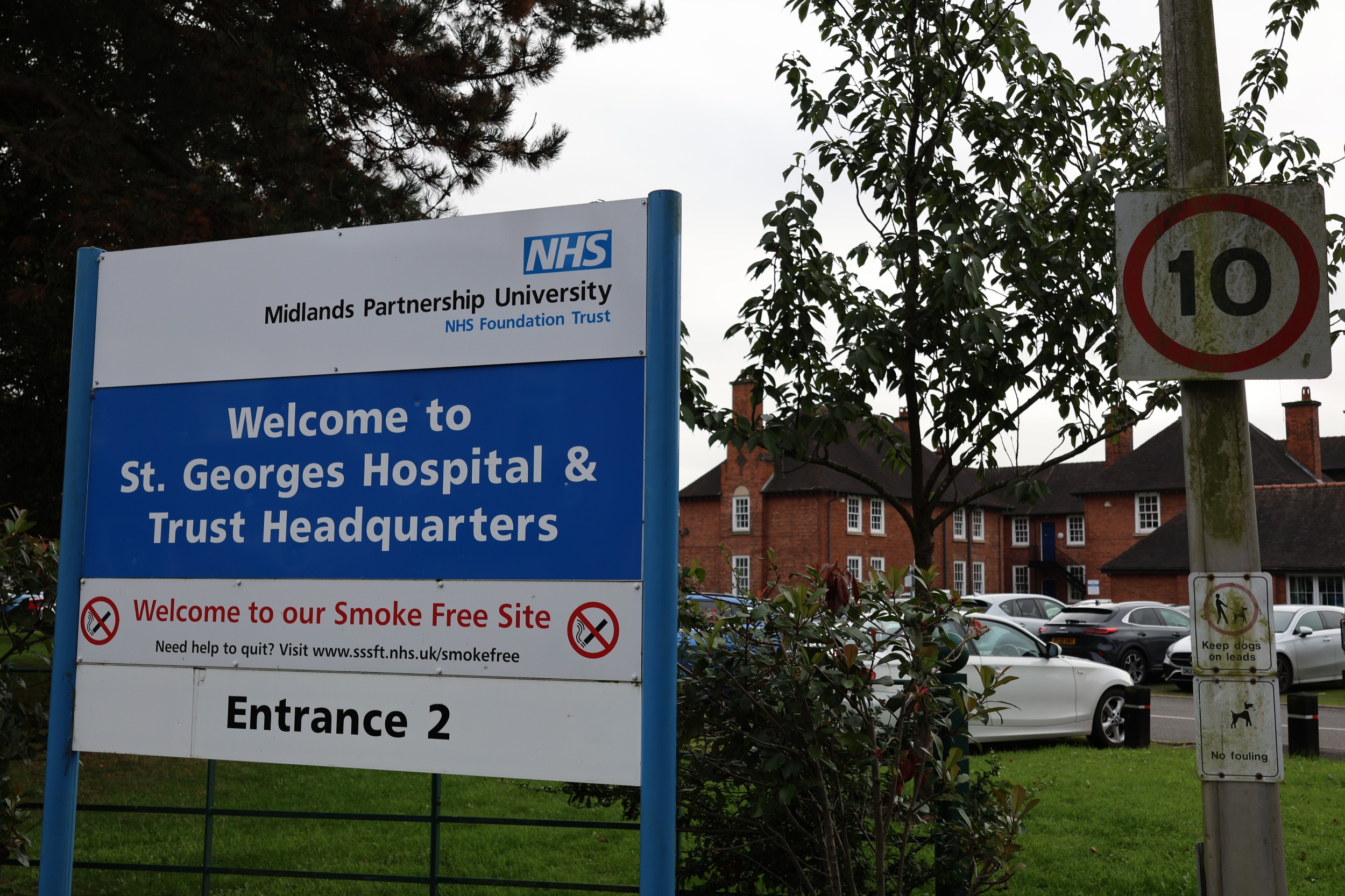What will happen at my screening appointment?
We will test your vision for any changes (this does not replace your eyesight test). We will insert drops into your eyes to make your pupils large and approximately 20 minutes later we will take photographs of the back of your eyes. Your appointment can take up to an hour. You should not drive until your vision returns to normal, which can take up to 4-6 hours. It is advised to bring a pair of dark or tinted glasses for after the appointment as you are likely to be sensitive to bright light during this time. If you wear glasses, please bring them with you to your appointment.
Will appointments be available evenings and weekends?
Evening and Saturday morning appointments are available in certain limited locations but not in all clinics. Our administration team can help you book these.
Can I have the screening done at home?
Diabetic eye screening and diabetic eye disease treatment require special equipment with is not portable and cannot be provided in people's homes.
Will I be reminded of my appointment?
All booked appointments will be sent a confirmation letter via the post. We also offer SMS message reminders before appointments. To ensure you receive these, please make sure we have your up-to-date mobile telephone number so that they are not sent to old or inactive numbers.
How do I change my appointment if the time or venue is not suitable?
When you receive your appointment, if it is not suitable for you due to the date/time or location of the appointment, we are more than happy to help rearrange this to help accommodate you. You can contact us via telephone on 0300 303 0887. If you wish to do this online rather than telephone, there is an online booking service if you have been provided a unique PIN number, or you can e-mail us on Diabeticeye@mpft.nhs.uk.
Can I change my appointment online?
You can change your appointment via the Diabetic Eye Screening Online Booking Service if you have been issued with a unique PIN number in your appointment letter. Certain advanced examination screening appointments aren’t able to be rearranged or booked via the online service and if you need to reschedule or cancel you will have to contact us on 0300 303 0887 or via e-mail.
Do I still need to visit my optician for eye tests?
Please note that you will still need to attend regularly for an eye test with an optician of your own choice for your general eye health needs and glasses prescription checks. You should attend a standard eye examination at least once every 2 years with your optician.
Will you review clinic locations in future?
We will be continually assessing uptake and capacity rates to ensure that clinic locations are accessible and meet everyone’s needs to the best of our capability.
Will there be any improvements to services?
The service has recently invested in Mobile Screening Vans that we are using in locations all around Staffordshire and Shropshire. These are particularly helpful for more rural areas as well as meeting capacity needs within areas where more screening is needed. We are also able to offer advanced screening examinations so that you are still able to be screened at local venues without needing to be referred to Hospital Eye Services (HES) for these types of screening. We still refer to HES if the patient could benefit from treatment for any diabetic eye disease.
Who will be screening me?
Diabetic eye screening staff are qualified diabetic eye screeners. They cannot offer medical or carer assistance to patients. If you need mobility assistance when attending, please come accompanied by a relative or carer.
What if I do not wish to be screened?
If you would like to opt out of screening you can do so for either a period of 18 months or 3 years. If you would like more information on how to do this you can call us on 0300 303 0887 or click on the following link to find out how to opt-out via email.
https://www.mpft.nhs.uk/services/diabetic-eye-screening/diabetic-eye-screening-opt-out
Please note, we automatically advise a patient's GP surgery that an opt-out has been received and processed.
Who commissions the service?
Public Health Commissioning NHS England - Midlands Region (West)
What happens to the information held about me?
Personal data will be safe. All data is held to and is compliant with the General Data Protection Regulation (GDPR) 2018, the UK Data Protection Act 2018 and the Access to Health Records Act 1990. If you are to have any other privacy related concerns, please refer to our Privacy Notice.













